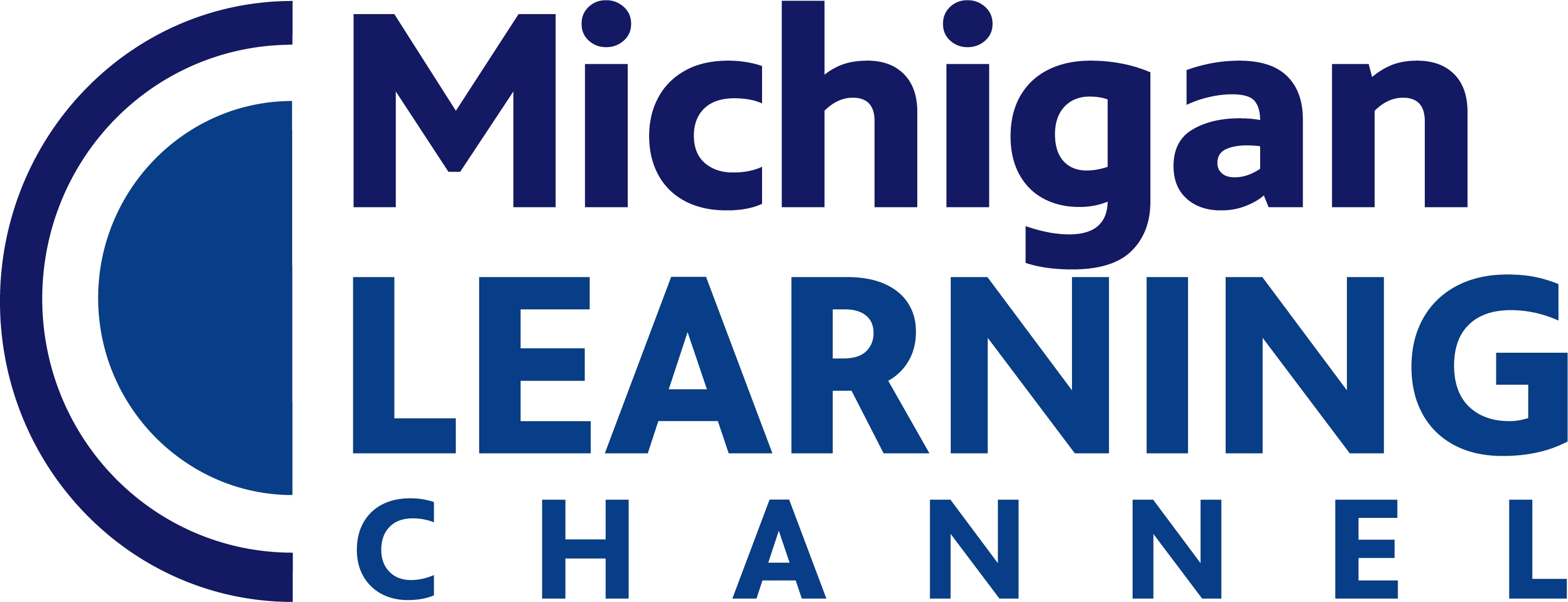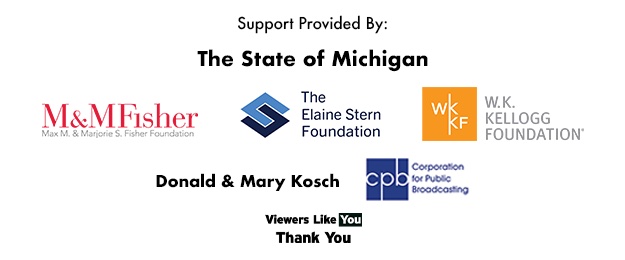Subjects
Shows
I can identify and create simple sentences, compound sentences and complex sentences.
Demonstrate command of the conventions of standard English capitalization, punctuation, and spelling when writing.
I can identify words in a title that should be capitalized. I can identify words in a title that should [...]
I can punctuate dialogue correctly by using commas before/after speaker and place quotations marks around spoken words.
I can use descriptive words and dialogue to show actions, thoughts, and feelings of my characters and to show how [...]
I can read aloud stories or poem and use my voice to make them come to life. I can speak [...]
I can recognize a complete sentence. I can speak using complete sentences when asked to provide details or clarifications.
Demonstrate command of the conventions of standard English grammar and usage when writing or speaking.
I can identify the writing style/genre (opinion, informative, or narrative) that best fits my task and purpose. I can use [...]
I can use prewriting strategies to formulate ideas (eg., graphic organizers, brainstorming, list). I can recognize that a good piece [...]
I can identify technology that will help me produce and publish writing. I can use technology to produce and publish [...]
I can define research and explain how it is different from other types of writing. I can research a topic [...]
I can recall information from experiences or gather information from print and digital sources about a topic. I can take [...]
I can read or study materials(s) to be discussed. I can list important information about the topic to be discussed. [...]
Come to discussions prepared, having read or studied required material; explicitly draw on that preparation and other information known about [...]
Follow agreed-upon rules for discussions (e.g., gaining the floor in respectful ways, listening to others with care, speaking one at [...]
Ask questions to check understanding of information presented, stay on topic, and link their comments to the remarks of others.
Explain their own ideas and understanding in light of the discussion.
I can recall the supporting details from a text being read aloud. I can identify the main idea from a [...]
I can ask questions about a speaker's presentation when I do not understand or need more information. I can answer [...]
I can define narrative text and describe the basic part of plot (introduction, rising action, climax, falling actions, and resolution). [...]
I can present a topic, text, story, or experience with facts and appropriate (relevant) descriptive details. I can report my [...]
I can read fluently (easy, smooth, and automatic). I can read grade-level text fluently and show comprehension through voice, timing, [...]
I can read fluently (easy, smooth, and automatic). I can read grade-level text fluently and show comprehension through voice, timing, [...]
I can reread with corrections when necessary. I can read fluently (easy, smooth, and automatic).
Write opinion pieces on familiar topics or texts, supporting a point of view with reasons.
Write routinely over extended time frames (time for research, reflection, and revision) and shorter time frames (a single sitting or [...]
I can write opinion pieces that support my opinion and point of view. I can introduce the topic of my [...]
I can use linking words or transition words to connect my opinions and reasons.
I can write an opinion piece that includes an introduction, supporting reasons, and a concluding statement.
Write informative/explanatory texts to examine a topic and convey ideas and information clearly.
I can define prefix and suffix. I can identify common prefixes and suffixes. I can explain the meaning of common [...]
I can develop a topic with facts, definitions and details. I can group facts and related information together about a [...]
I can use linking words and phrases and transition words to connect my ideas. I can use illustrations to help [...]
I can break apart words into syllable segments to help me decode words I do not know.
I can recognize irregularly spelled words. I can read words that do not follow the common spelling patterns (irregular) for [...]
Write narratives to develop real or imagined experiences or events using effective technique, descriptive details, and clear event sequences.
I can ask questions to demonstrate my understanding of an informational text. I can answer questions using specific details from [...]
By the end of the year, read and comprehend informational texts, including history/social studies, science, and technical texts, at the [...]
I can define the main idea (in an informational text). I can identify key ideas from an informational text. I [...]
I can define event, procedure, idea and concept. I can identify events, procedures, ideas, and/or concepts in different types of [...]
I can identify general academic words or phrases. I can identify domain specific words or phrases (content). I can use [...]
Subjects
Shows
I can identify and create simple sentences, compound sentences and complex sentences.
Demonstrate command of the conventions of standard English capitalization, punctuation, and spelling when writing.
I can identify words in a title that should be capitalized. I can identify words in a title that should [...]
I can punctuate dialogue correctly by using commas before/after speaker and place quotations marks around spoken words.
I can use descriptive words and dialogue to show actions, thoughts, and feelings of my characters and to show how [...]
I can read aloud stories or poem and use my voice to make them come to life. I can speak [...]
I can recognize a complete sentence. I can speak using complete sentences when asked to provide details or clarifications.
Demonstrate command of the conventions of standard English grammar and usage when writing or speaking.
I can identify the writing style/genre (opinion, informative, or narrative) that best fits my task and purpose. I can use [...]
I can use prewriting strategies to formulate ideas (eg., graphic organizers, brainstorming, list). I can recognize that a good piece [...]
I can identify technology that will help me produce and publish writing. I can use technology to produce and publish [...]
I can define research and explain how it is different from other types of writing. I can research a topic [...]
I can recall information from experiences or gather information from print and digital sources about a topic. I can take [...]
I can read or study materials(s) to be discussed. I can list important information about the topic to be discussed. [...]
Come to discussions prepared, having read or studied required material; explicitly draw on that preparation and other information known about [...]
Follow agreed-upon rules for discussions (e.g., gaining the floor in respectful ways, listening to others with care, speaking one at [...]
Ask questions to check understanding of information presented, stay on topic, and link their comments to the remarks of others.
Explain their own ideas and understanding in light of the discussion.
I can recall the supporting details from a text being read aloud. I can identify the main idea from a [...]
I can ask questions about a speaker's presentation when I do not understand or need more information. I can answer [...]
I can define narrative text and describe the basic part of plot (introduction, rising action, climax, falling actions, and resolution). [...]
I can present a topic, text, story, or experience with facts and appropriate (relevant) descriptive details. I can report my [...]
I can read fluently (easy, smooth, and automatic). I can read grade-level text fluently and show comprehension through voice, timing, [...]
I can read fluently (easy, smooth, and automatic). I can read grade-level text fluently and show comprehension through voice, timing, [...]
I can reread with corrections when necessary. I can read fluently (easy, smooth, and automatic).
Write opinion pieces on familiar topics or texts, supporting a point of view with reasons.
Write routinely over extended time frames (time for research, reflection, and revision) and shorter time frames (a single sitting or [...]
I can write opinion pieces that support my opinion and point of view. I can introduce the topic of my [...]
I can use linking words or transition words to connect my opinions and reasons.
I can write an opinion piece that includes an introduction, supporting reasons, and a concluding statement.
Write informative/explanatory texts to examine a topic and convey ideas and information clearly.
I can define prefix and suffix. I can identify common prefixes and suffixes. I can explain the meaning of common [...]
I can develop a topic with facts, definitions and details. I can group facts and related information together about a [...]
I can use linking words and phrases and transition words to connect my ideas. I can use illustrations to help [...]
I can break apart words into syllable segments to help me decode words I do not know.
I can recognize irregularly spelled words. I can read words that do not follow the common spelling patterns (irregular) for [...]
Write narratives to develop real or imagined experiences or events using effective technique, descriptive details, and clear event sequences.
I can ask questions to demonstrate my understanding of an informational text. I can answer questions using specific details from [...]
By the end of the year, read and comprehend informational texts, including history/social studies, science, and technical texts, at the [...]
I can define the main idea (in an informational text). I can identify key ideas from an informational text. I [...]
I can define event, procedure, idea and concept. I can identify events, procedures, ideas, and/or concepts in different types of [...]
I can identify general academic words or phrases. I can identify domain specific words or phrases (content). I can use [...]


